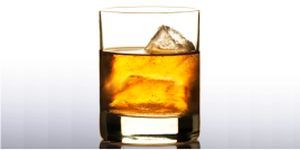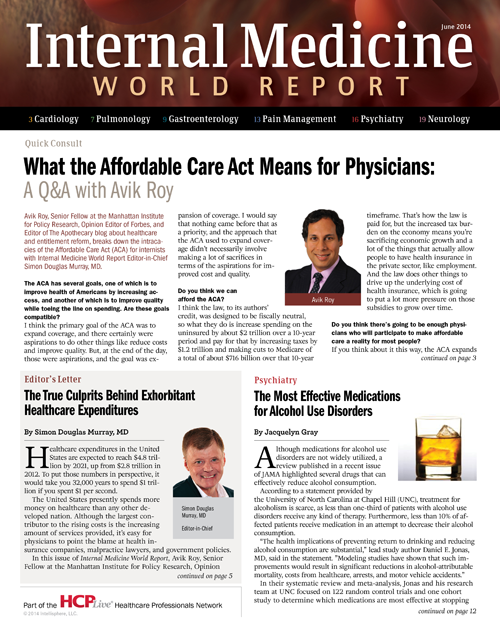Publication
Article
Internal Medicine World Report
The Most Effective Medications for Alcohol Use Disorders
Author(s):
Although medications for alcohol use disorders are not widely utilized, a review published in a recent issue of JAMA highlighted several drugs that can effectively reduce alcohol consumption.

Although medications for alcohol use disorders are not widely utilized, a review published in a recent issue of JAMA highlighted several drugs that can effectively reduce alcohol consumption.
According to a statement provided by the University of North Carolina at Chapel Hill (UNC), treatment for alcoholism is scarce, as less than one-third of patients with alcohol use disorders receive any kind of therapy. Furthermore, less than 10% of affected patients receive medication in an attempt to decrease their alcohol consumption.
“The health implications of preventing return to drinking and reducing alcohol consumption are substantial,” lead study author Daniel E. Jonas, MD, said in the statement. ”Modeling studies have shown that such improvements would result in significant reductions in alcohol-attributable mortality, costs from healthcare, arrests, and motor vehicle accidents.”
In their systematic review and meta-analysis, Jonas and his research team at UNC focused on 122 random control trials and one cohort study to determine which medications are most effective at stopping or decreasing drinking among patients with alcohol use disorders.
Ultimately, the investigators analyzed 22 placebo-controlled trials on the effects of Campral (acamprosate), 4 on the effects of Antabuse (disulfiram), and 44 on Revia (naltrexone)., as well as studies on the off-label use of aripiprazole, desipramine, paroxetine, sertraline, and topiramate.
During the examination, the researchers discovered 12 studies reporting beneficial results from administering acamprosate, and 20 studies concluding the same for oral naltrexone dosed at 50 mg/day, which they deemed an acceptable threshold. Similarly, injectionable naltrexone was not associated with a return to drinking or heavy drinking; in fact, it was found to reduce the number of heavy drinking days.
Although the study authors said their evidence was not strong enough to conclude that off-label medications reduce patients’ alcohol consumption, they did discover moderate evidence of improvement in alcohol use among patients taking nalmefene and topiramate.
“This work expands upon the growing evidence that medications can play a valuable role in the treatment of alcohol use disorders,” senior study author James Garbutt noted in the statement. “We are hopeful that this information will encourage clinicians to strongly consider these medications, and that individuals will gain awareness that there are medications that can help them to stop or significantly reduce their alcohol use.”






